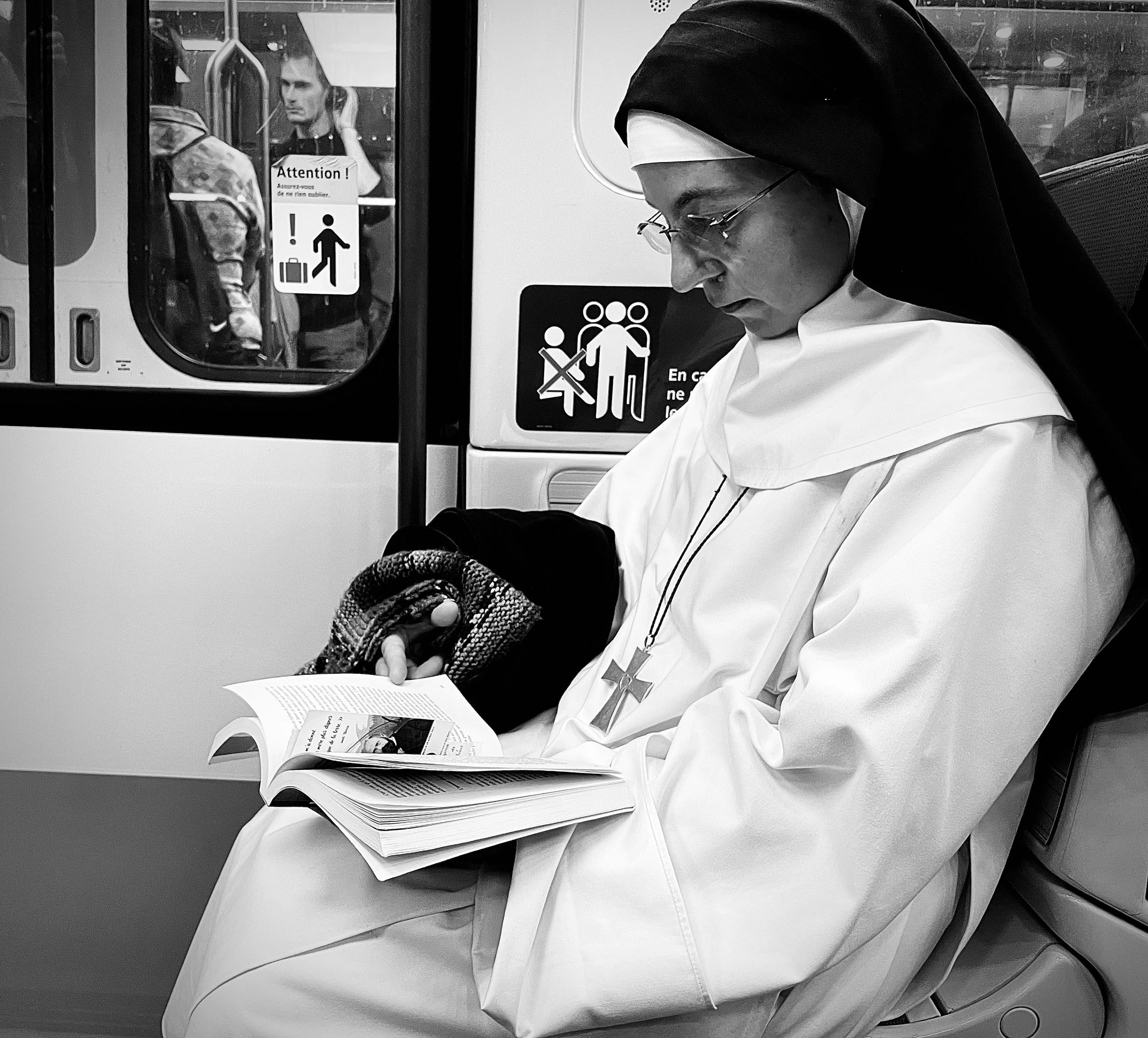1- Are you a professional photographer? Yes
2- Why street photography? I like to meet people as close as possible to who we are, erasing my social identity. This is my way of seeing the world and bearing witness
3- How would you describe your photography style? My first path is instinct, I don’t have a defined plan, it comes with the encounter. And the desire to witness.
4- What makes a good picture from your point of view? What do you look for in an image? In my opinion, a good image is a story, it can have different options, through unattractive or very aesthetic framing. The technique must serve the emotion when one knows how to manage.
5- How do you educate yourself to take better photos? Taking a lot of pictures, looking at the work of other photographers
6- Where in the world would you most like to photograph? Come back to Africa, Asia again, South America, Israel, Italy, and many countries. I am a traveller
7- Who would you most like to photograph and what kind of pictures do you avoid to shoot? Meetings make my pictures. I can’t when the person refuses. The border is thin and especially when people pose. I don’t know, I can’t do it.
8- Have you been confronted by someone whose photo you took on the street? What would be your advice on how to avoid confrontation when doing Street Photography? Yes, in the metro, I calm down, I explain what I'm doing and why, if the aggressiveness rises, I show my camera and I take the photo back and I apologize. I put my hands up, I'm sorry and I calmly take a step back.
9- Your favourite street image of your own to date and why? A photo in the metro of a good Sister, she tacitly let me take a picture of her while she was reading, she burst out laughing and said thank you.
There is a photo in Kolkota that will stay with me for life: I thought this old person didn't want me to photograph her, in fact, she put on her glasses and then she came towards me and we kissed, we hugged for a while, I had tears in my eyes. It was a feeling of being one.
© Keef Charles
10- Your favourite piece of equipment? iPhone 14 and Pro EOS R3
11- What are your favourite settings (Aperture. Shutter Speed, ISO, White Balance, Focus, Manual/Auto, Image Format – RAW/JPEG) for Street Photography and why? For the moment I discover my new device. I work manually. Depending on the situation, I have a low speed to have a better depth of field or a high speed for very fast movements like running, automatic or manual iso for better light. Aperture 4.5 or more to have contrasts. I'm trying to manage all that, I'm not learning that yet. Raw format for the definition. I'm not quite there yet. A wide angle for the street 14 / 35, a 70 / 200 for the scenes not affordable and a 50-human view.
12- Is photography art? Yes, it’s a way for stories and many other ways.
13- Black And White or Colour? Both, I maybe prefer B&W, but it depends...
14-What are your thoughts on editing? I don't really know how to use lightroom and photoshop, I use basic adjustments. What I think about it, and well if post-production can serve a better emotional understanding or creative of the image, I find that very good; I would also like to learn more to have 6 shades of black and white, cropping or erasing intruders that interfere with the image, or creative photos that I would like. Same for the colour. I think you have to keep your freedom of expression. Only the image and its story count. Post-production is also like editing in a film, you can have several stories...the one you choose to tell, the same goes for the staging, it's a question of interpretation.
15- Why do you share to Progressive Street and who would you like to see showcased from Progressive Street? It seems to me that in the group where I have shared my photos, there is a real commitment. The curators' heads take care of these little ones like an agent and we need that. And we need professional fun too :))
It seems to me that there is a real sense of expression. And above all, a team spirit. For me, that is very important. I'd rather miss an opportunity (even if my ego is flattered, I have a big one like everyone else. Anyone who says the opposite is lying) than live with disorder in the team. Solidarity. My education and my values. The image is a story, so it goes without saying that it is in a book. Then commercially, readers get a broader view of the photographer's work. Besides, having done it for painting, exhibitions are always difficult to do, there is a way to get through the window even if the door is closed. However, you need a very good network...and it is always difficult to sell for a lambda photographer. Publishing is still accessible. Exhibitions are great for meetings and for feedback...

